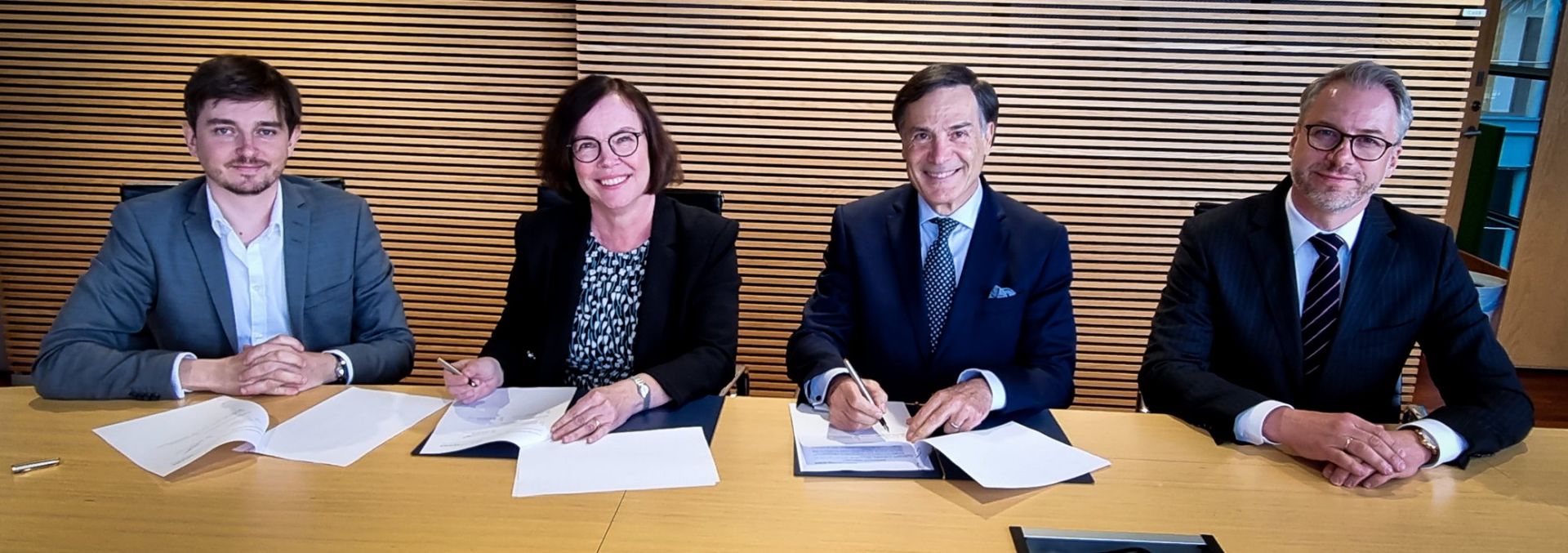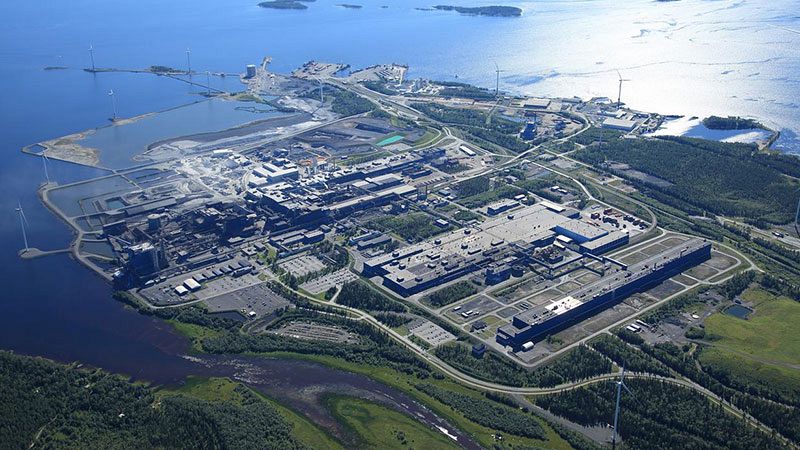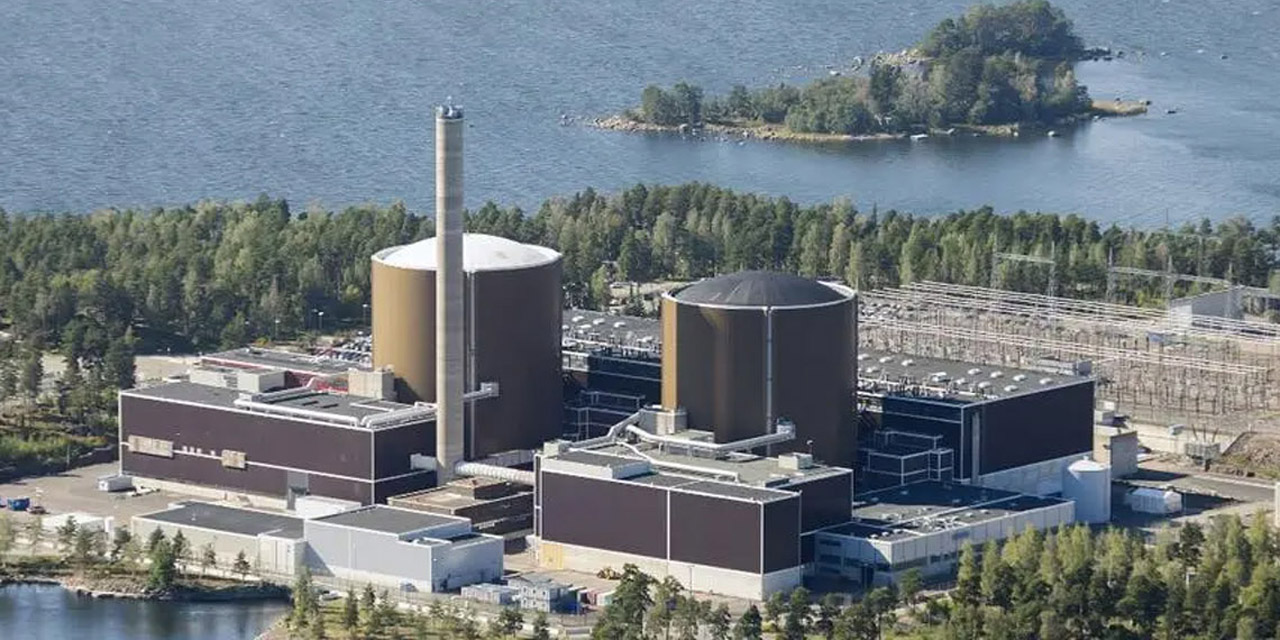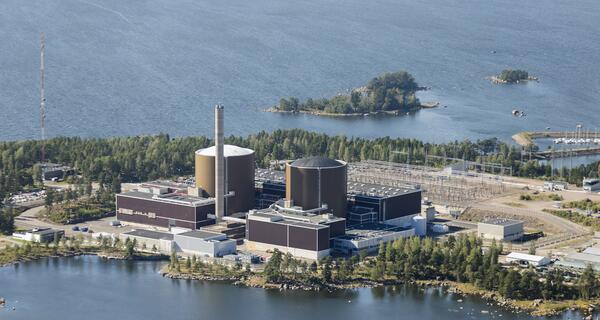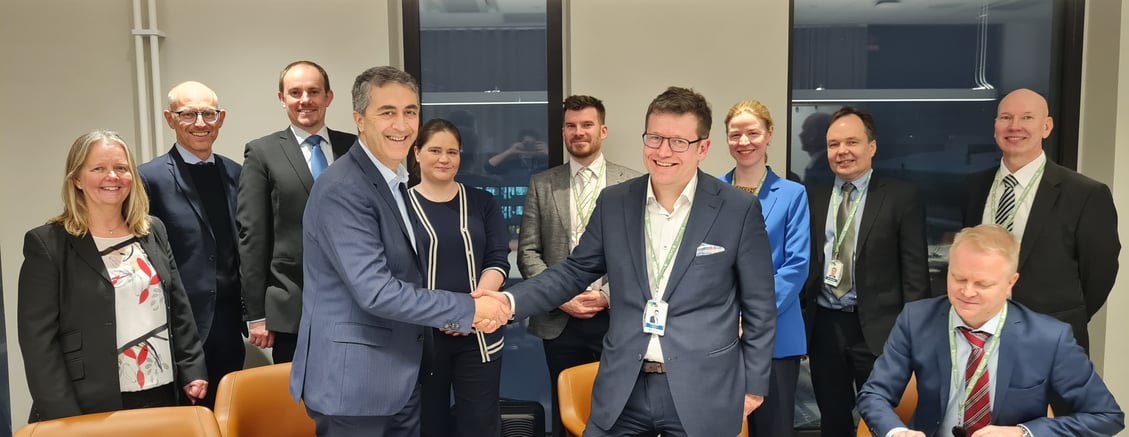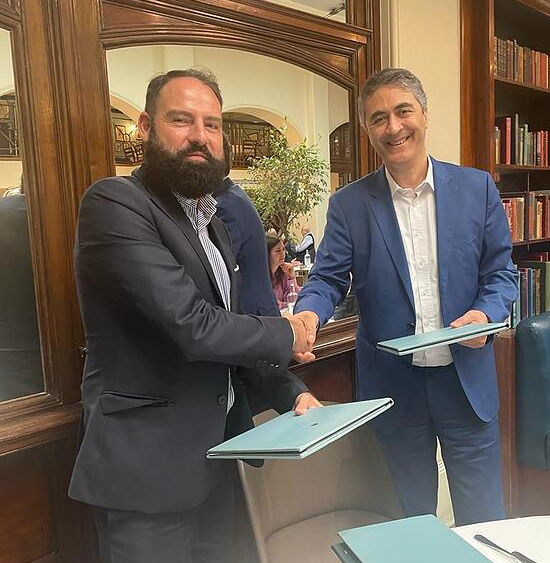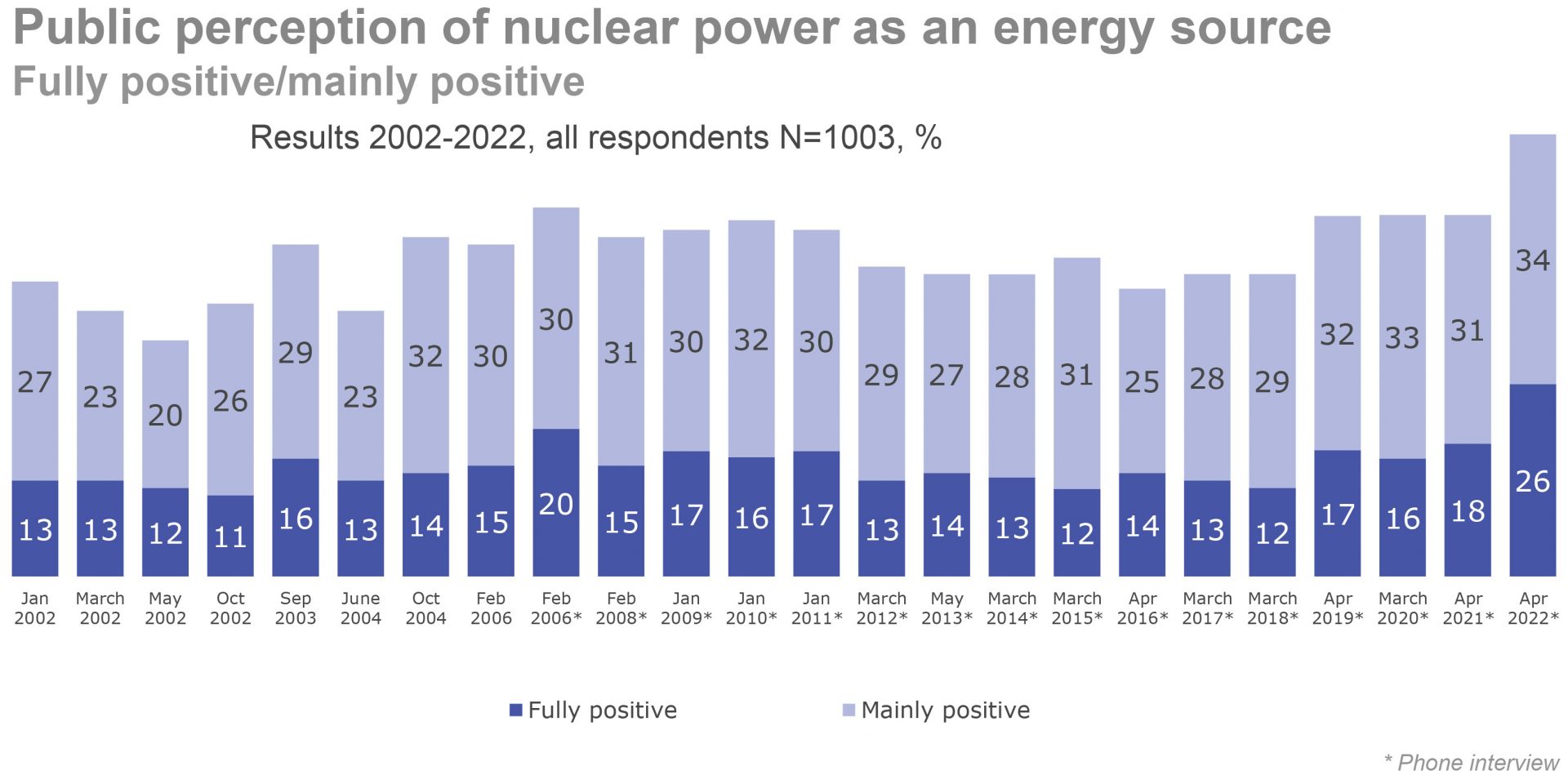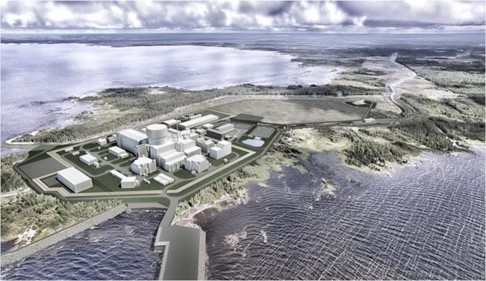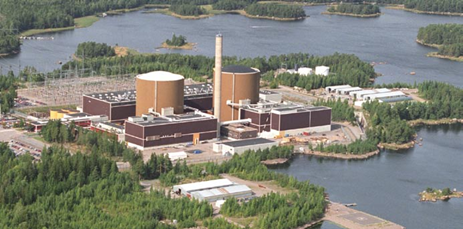Obstacles to new nuclear in Sweden cleared

Aerial view of Sweden’s parliament building, Riksdagshuset, in Stockholm. (Photo: Arild Vågen/Wikipedia)
Sweden’s parliament, the Riksdag, has approved legislative amendments from Prime Minister Ulf Kristersson’s government that will remove the country’s prohibition on new reactor construction at sites other than Sweden’s three current nuclear plants—Forsmark, Ringhals, and Oskarshamn—and do away with the limitation on the number of simultaneously operating reactors, currently capped at 10.
The amendments enter force on January 1.
“The Riksdag shares the government’s assessment that fossil-free electricity from nuclear power will also continue to play a role of central importance in the Swedish energy mix,” the legislative body said in a statement following the November 29 vote. “The main reasons for this are an expected greater demand for electricity in combination with the fact that fossil fuels have to be phased out, particularly for climate reasons. Nuclear power also contributes to the stable and predictable functioning of the Swedish power system.”


